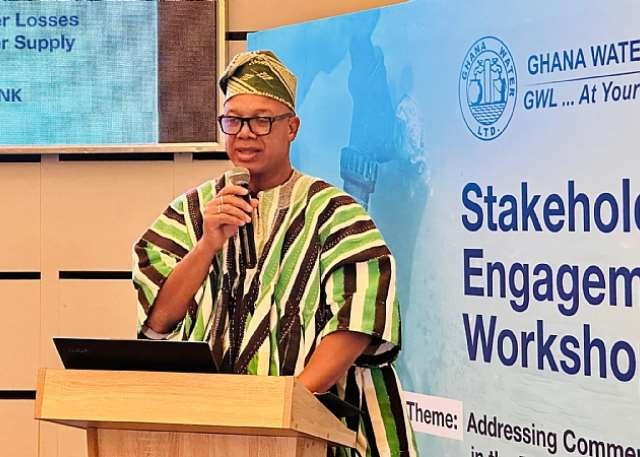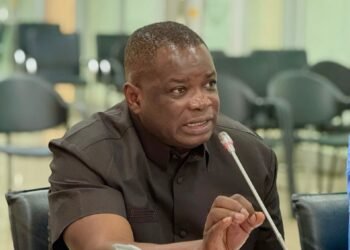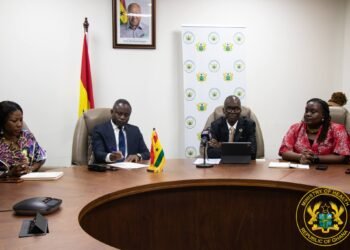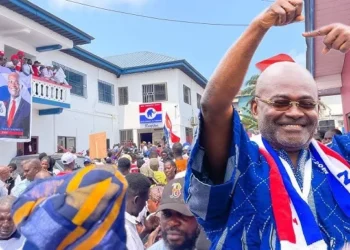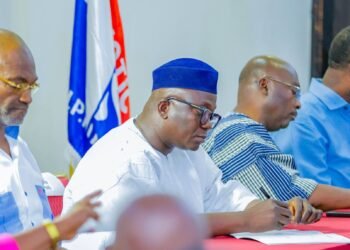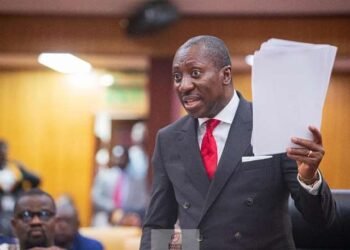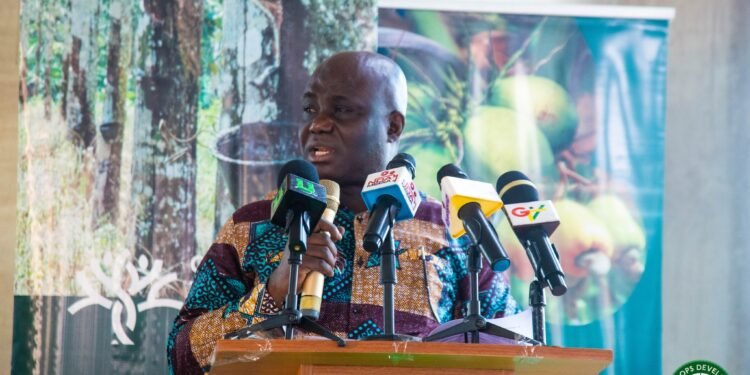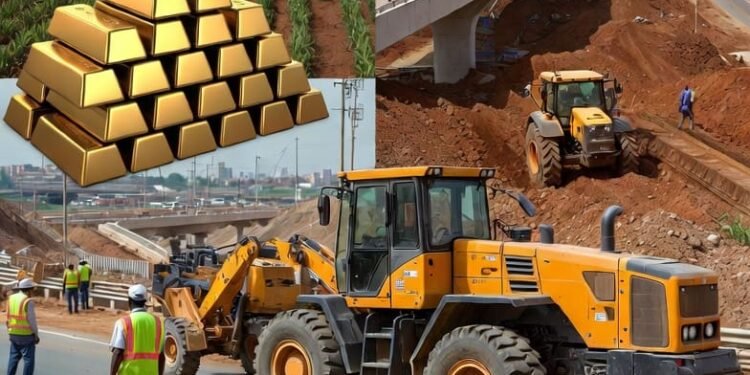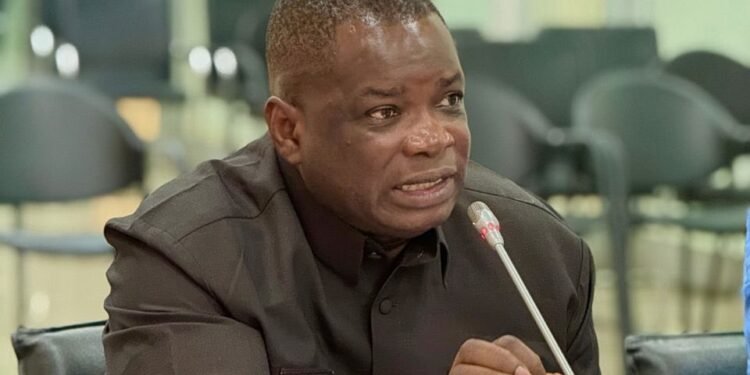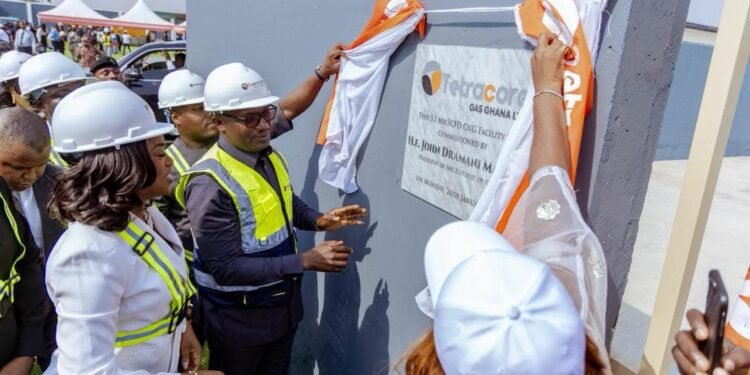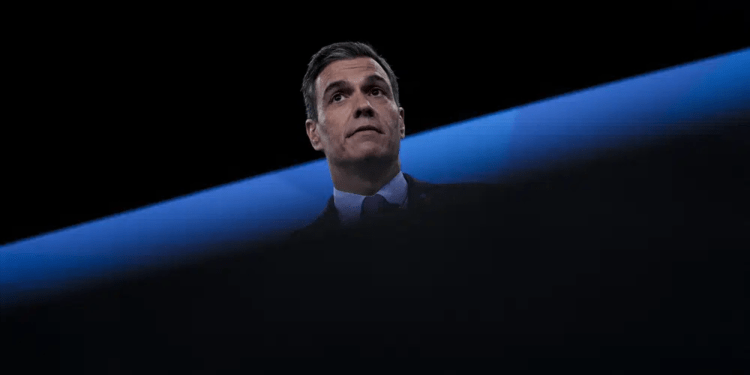The Managing Director of Ghana Water Limited (GWL), Mr. Adam Mutawakilu, has raised grave concerns over the escalating impact of illegal mining, or galamsey, on Ghana’s water systems, describing it as a national economic threat that could cripple key industries.
Addressing journalists at a press conference in Accra on Monday, Mr. Mutawakilu warned that the unchecked siltation of water bodies has transformed from an operational headache into a full-blown economic crisis, threatening productivity and national growth.
According to the GWL boss, illegal mining’s environmental toll has now crossed into the economic domain, with the rise in siltation and pollution drastically increasing treatment costs and placing unsustainable pressure on water infrastructure.
“This challenge matters beyond GWL. If siltation continues unchecked, cost will cascade across the economy,” Mr. Mutawakilu said. He cautioned that the resulting increase in treatment costs would reverberate across industries, affecting consumers and businesses alike. Beverage companies, bottlers, and food processors are among those expected to experience operational slowdowns and higher input costs.
He further noted that sectors such as tourism and hospitality, which rely heavily on reliable water supply, would also suffer.
“Hostels, restaurants and events will struggle with unreliable supply and expensive backups. Manufacturers will face processing interruptions, and commercial centres will absorb rising costs for backup water and energy.
“Productivity falls and prices rise when a fundamental input like treated water becomes more expensive and less reliable”
Mr. Adam Mutawakilu, Managing Director of GWL
The Managing Director underscored that the combined effects of these disruptions could ripple through the national economy, leading to inflationary pressure and reduced productivity.

State of Emergency Rejected
Despite these challenges and the mounting pressure on the government to crackdown on galamsey, Mr. Mutawakilu rejected calls for a State of Emergency, maintaining that such a measure would not provide a lasting solution and could instead spread instability.
“First and foremost I don’t think that a State of Emergency will stop illegal mining. If you declare a State of Emergency in one area, you must move to another. At the end of the day, the whole of Ghana will be in a State of Emergency.
“What measures can we put in place for it to be sustained? Is the State of Emergency going to be there forever? Won’t the people go back when lifted? We can’t have a State of Emergency forever”
Mr. Adam Mutawakilu, Managing Director of GWL
The GWL Managing Director argued that lasting change would come from sustained, pragmatic measures rather than temporary enforcement actions, and stressed the need for structural interventions and consistent community engagement.
To confront the worsening situation, Ghana Water Limited proposed “a 24-month catchment recovery plan,” designed to reverse damage and restore affected water bodies. Mr. Mutawakilu outlined that the initiative would focus on eight key river systems feeding the company’s treatment plants across the country.
He said the plan would combine stabilisation and revegetation of riverbanks, targeted dredging of intake channels, and strict compliance with land-use regulations. The goal, according to him, is to “rebuild the natural buffers that protect Ghana’s rivers and secure long-term water availability.”
Mr. Mutawakilu noted that the initiative was both environmentally sound and economically rational.
“While this makes financial sense, targeted upstream action will restore abstraction capacity, reduce treatment challenges, lower specific energy per cubic metre, and extend asset life by cutting corrosive wear”
Mr. Adam Mutawakilu, Managing Director of GWL

He added that GWL’s strategy would shift the company from reactive crisis management to planned, cost-efficient water production. “In simple terms, we convert recurring emergencies into planned high-yield interventions that stabilise production and bend the unit cost curve back towards baseline,” he said.
Kwanyako Plant Restored
In a rare positive development, Mr. Mutawakilu announced that the Kwanyako Water Treatment Plant, which had struggled for months with extreme turbidity levels, has returned to full operational capacity.
The plant, which supplies several communities, had previously been unable to function effectively due to turbidity levels exceeding 11,000 NTU – far beyond its 2,500 NTU limit. The GWL boss explained that engineers had resolved the issue by relocating pumps from the ground to the surface treatment facility.
“We had to do re-engineering by bringing the pumps up. That is why we are now able to produce 100% water. The Kwanyako Treatment Plant is now working, with no high turbidity beyond the capacity of the plant”
Mr. Adam Mutawakilu, Managing Director of GWL
He, however, cautioned that the improvement might be temporary as the approaching dry season could lower water levels again, and appealed to corporate organisations to assist in desilting efforts, citing financial constraints at the company.
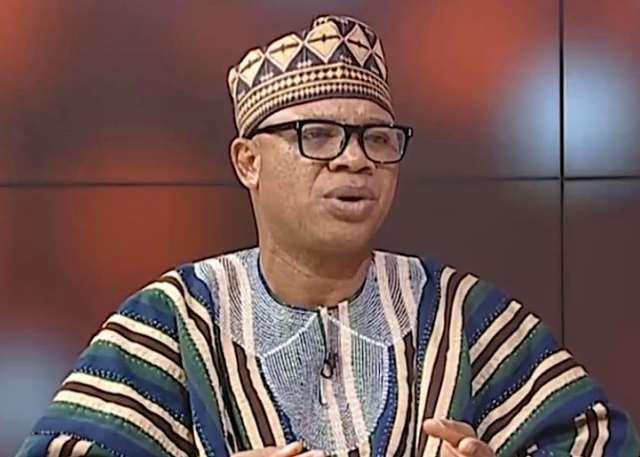
Ghana Water Limited reaffirmed its call for public cooperation, stricter enforcement, and policy alignment to tackle the galamsey menace before it undermines the nation’s water security and economic resilience.
READ ALSO: Azumah Resources Ghana Transitions to Full Ghanaian Ownership

